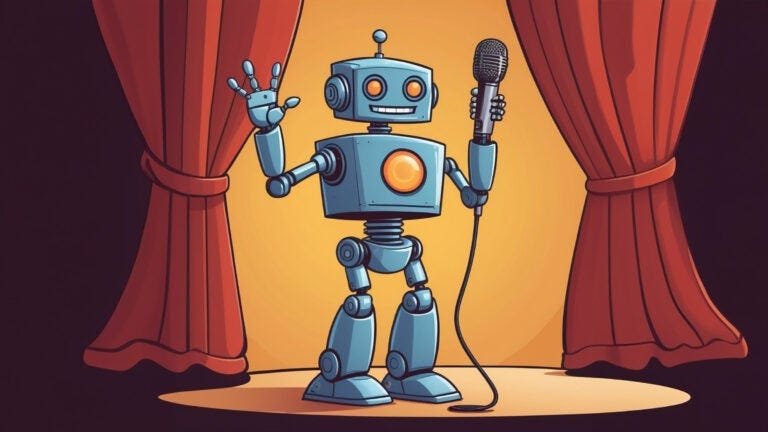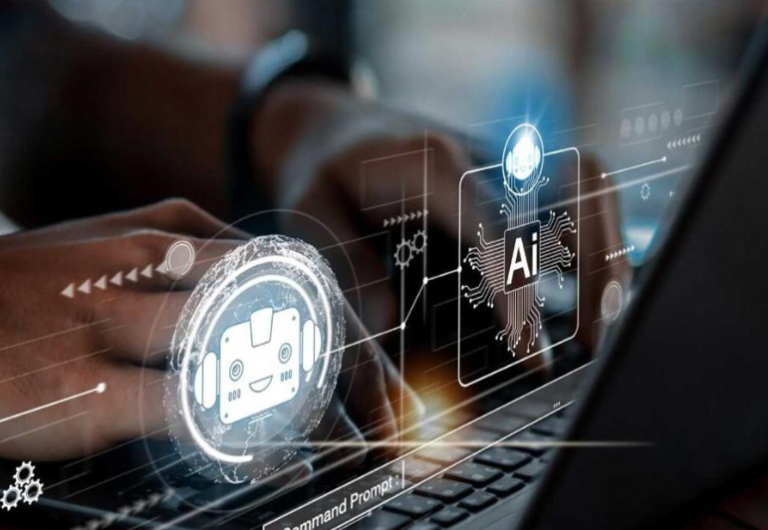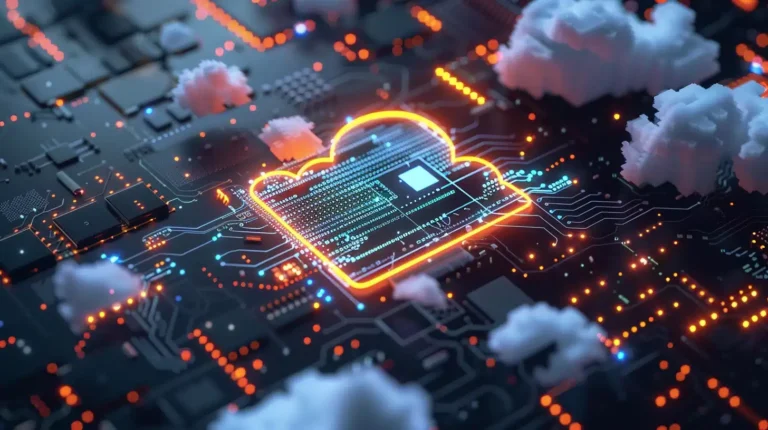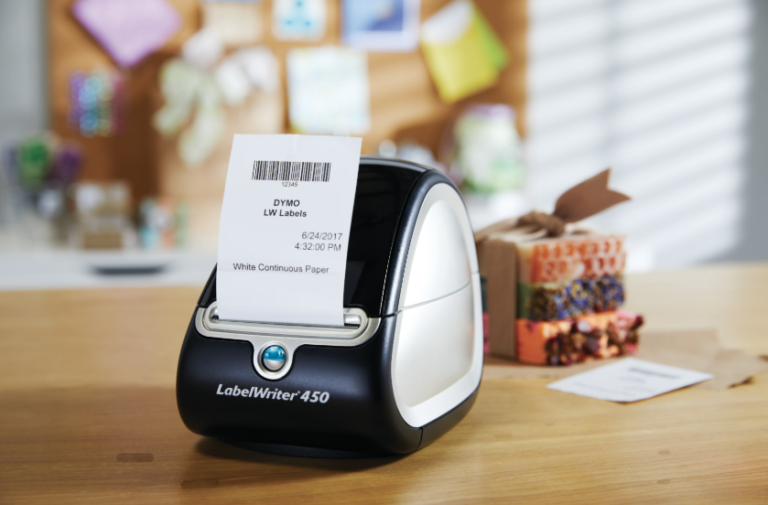When Memes Become Movies: AI Humor in the Entertainment Industry
A cat on a keyboard. A baby making a fist. A confused math lady. We laughed, we shared, we moved on. But something curious happened along the way-memes stopped just being jokes on the internet and started influencing… entire movies.
Yes, really. The entertainment industry, always on the lookout for the next big thing, has found its new muse in meme culture-and it’s not just traditional memes anymore. With the rise of AI-generated humor, we’re witnessing the birth of a new genre: meme-to-movie pipeline, powered by artificial intelligence.
If you’ve ever scrolled through TikTok and thought, “Wait, this could be a show,” you’re not alone. And if you’ve ever wanted to jump on this trend, there are tools like a meme maker for free that let you experiment with your own brand of viral comedy. But how did we get here? And where is it all heading?
Let’s dive in.
The Meme-to-Movie Pipeline: A Cultural Shift
The evolution from meme to movie didn’t happen overnight. First, it was internet virality creeping into mainstream storytelling. Think of movies like Sharknado or Snakes on a Plane-titles so ridiculous, they felt like Twitter threads before Twitter was a thing.
Now, platforms like Reddit, TikTok, and Instagram don’t just host content-they inspire it. In 2023, Netflix acquired rights to a film based on the viral Reddit story “My Wife Is Stuck in the Washing Machine.” It was proof that absurd internet humor could be monetized-and turned into a screenplay.
Combine that with generative AI’s talent for writing scripts (some hilariously bad, others disturbingly good), and you’ve got a formula for fast, meme-worthy storytelling.
See also: Exploring Edge Computing and Its Impact on Technology
AI Comedy: Weird, Wild, and Sometimes Genius
AI has officially joined the writers’ room, and the results are… fascinating. Whether it’s OpenAI’s GPT models or TikTok bots making weird voiceovers, the line between machine-generated humor and human creativity is blurrier than ever.
Some highlights:
- In 2022, Botnik Studios used predictive text to write a “Harry Potter” chapter titled “The Handsome One.” It made no sense and yet became an internet sensation.
- In 2024, The Joe Rogan AI Experience, an entirely AI-generated podcast, went viral for its uncanny realism-and unsettling tone.
- TikTok accounts like @ai_meme_lord now rack up millions of views by generating memes using nothing but AI inputs.
But is this kind of humor sustainable? More importantly, is it good?
What Makes AI Humor So… Funny?
Humor is based on pattern recognition-and surprise. AI excels at patterns but struggles with nuance. That mismatch is exactly what makes AI humor funny. It’s the uncanny valley of comedy. Think of it like this: a human might make a joke about how work sucks on Monday. An AI might say, “Work is a noodle, and Monday is my landlord.” It doesn’t make sense, but it makes you laugh-because your brain wasn’t ready for it.
This brand of surreal, absurd humor is now being used intentionally in marketing campaigns and short films. And when it hits just right, it works incredibly well.
Case Study: The Rise of Dankton Abbey
In late 2024, a small indie studio launched a film titled Dankton Abbey-a Victorian drama spoof entirely written by AI, based on internet memes. It was absurd, chaotic, and had no coherent plot.
It also sold out its premiere weekend.
Critics called it “a glitchcore fever dream,” while fans embraced it as the first “AI meme movie.” With dialogue like “Sir Reginald, the yeet of your intentions is most sus,” Dankton Abbey leaned into the chaos-and won.
Why the Entertainment Industry Is Betting Big on Meme Culture
Here’s the truth: traditional media is struggling to keep up. Gen Z and Gen Alpha audiences are spending more time on TikTok and YouTube than watching cable or even Netflix. So where do producers go? Where the attention is.
Meme culture gives Hollywood:
- Built-in audiences – If a meme has millions of shares, the content already has fans.
- Relatability – Memes speak to niche subcultures. Studios can market directly to them.
- Speed – With AI tools, scripts and content can be generated in days, not months.
Data Backs It Up
According to Statista:
- In 2024, 61% of global internet users aged 16-24 said they engaged with memes daily.
- The keyword “AI meme generator” saw a 400% increase in search volume from 2022 to 2024.
- TikTok videos tagged #AIhumor have received over 2.8 billion views as of early 2025.
This isn’t a passing trend-it’s a paradigm shift.
How You Can Join the Meme Movie Movement
You don’t need to be a filmmaker or coder to ride this wave. Here’s how to get started:
1. Experiment with AI Tools
Tools like ChatGPT, DALL·E, and RunwayML let you generate memes, scripts, images, and even video content with zero production budget. Try mixing memes with movie tropes. Think “Mean Girls but with dinosaurs” or “Breaking Bad as a cooking show.”
2. Use Free Meme Makers
Platforms like Canva, Imgflip, and Kapwing offer a meme maker for free that’s perfect for testing joke formats and ideas. Many now integrate AI to help you auto-generate captions based on image context.
3. Post and Iterate
Drop your AI-generated memes or skits on platforms like TikTok, X (Twitter), or Instagram Reels. Use hashtags like #AIcomedy, #MemeMovie, or #GeneratedHumor. The feedback loop is quick-and you’ll learn what resonates fast.
4. Collaborate with AI Creators
There are entire Discord servers and Reddit communities (like r/aiart and r/MediaSynthesis) where creators share tools, prompts, and collab ideas. You’ll meet meme makers, voice actors, and editors who are already building mini-episodes based on internet jokes.
Challenges and Concerns
It’s not all laughs and LOLs. AI-generated content raises some thorny questions:
- Originality: Can AI create something “new,” or is it just remixing?
- Attribution: If a meme goes viral, who owns the rights?
- Quality Control: Not all AI humor hits the mark. Some is just… bad.
Plus, there’s the ethical dimension: using AI to generate content without human input might eventually displace artists, comedians, and writers.
Studios and creators alike must find a balance between innovation and integrity.
The Future of AI Memes on the Big Screen
We’re already seeing trailers made entirely by AI, voiceovers done with cloned voices, and scripts co-written by bots. Within the next few years, it’s not unlikely that:
- Streaming services will debut “meme-based originals.”
- Viewers will vote in real-time on plot twists (based on memes).
- AI comedians will tour as digital avatars.
What started as internet jokes could evolve into a new storytelling language-short, sharp, surreal, and often nonsensical… but deeply reflective of the culture that created it.
Final Thoughts: A New Era of Comedy Is Here
Memes were never supposed to be this powerful. But with AI in the mix, humor has taken on a life of its own-funny, unpredictable, and weirdly profound.
So next time you laugh at an AI-generated meme, just remember: that joke might be the plot of the next streaming hit. And if you’ve got a wild idea of your own? Fire up a meme maker for free, start writing, and maybe your meme will become a movie too.
Because in 2025, the future of entertainment isn’t just written in scripts.






